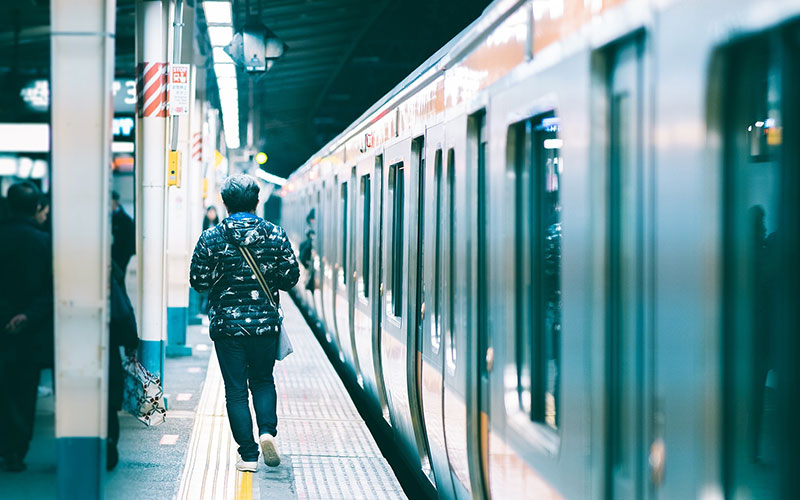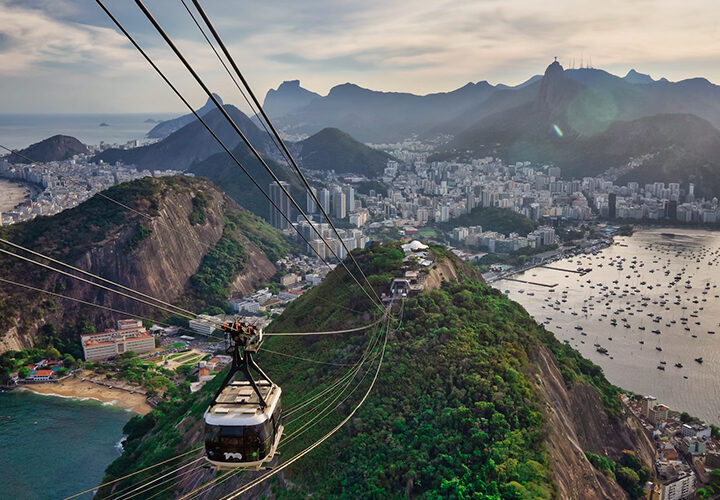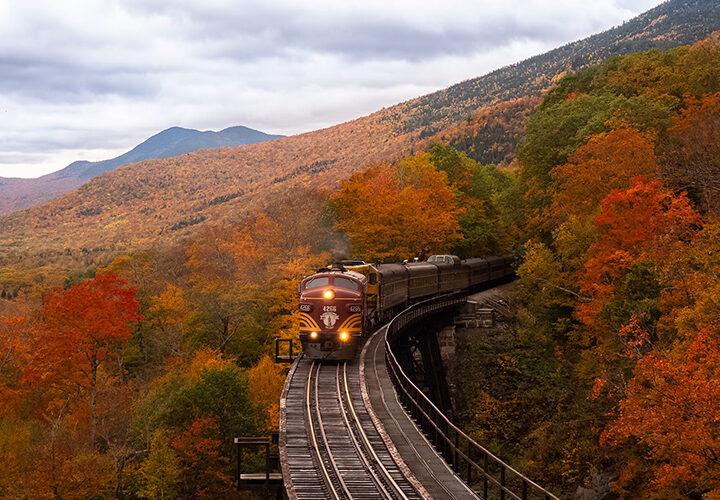Staying Safe in Tokyo, Japan
Japan is one of the safest countries in the world, ranking as number 9 on World Population Review in 2020. It’s generally safe to walk around at night, violent crime is extremely rare, and things that often plague other countries’ sightseeing spots such as pickpocketing and mugging are low.
As a country that cares deeply about its image, however, many issues aren’t talked about as often. As well as being attractive, Japan’s reputation as being a safe country can also lure people into a false sense of security. Crime does happen here, and there are many things to still be aware of. This article is about staying safe in Tokyo, Japan, though the issues mentioned can happen anywhere in the country.

Drink Spiking and Theft
A big problem in Japan is its sexual harassment, especially on trains. As a country that is still far behind the west in terms of gender equality, this issue isn’t as thoroughly explored and talked about as it should be.
While travelling, you might see signs warning of “upskirters;” people taking photos underneath women’s skirts. There have also been multiple accounts of groping on crowded trains, especially during rush hour. There are a few ways Japan is attempting to tackle this.
Women-only carriages on trains.
During rush hour (usually from around five-thirty or six a.m. to nine-thirty a.m.), certain cars on trains only allow women, children, and disabled people on them to create a space where women can commute without being groped.
Shutter sounds on phones that can’t be switched off.
Unlike phones from other countries where the camera shutter sound is optional, phones bought in Japan have an obligatory, loud shutter sound in an attempt to deter potential perverts from trying to “upskirt.”
Though this usually happens to women, it can occur to men as well. A big problem about sexual harassment is that the police will rarely do anything without proof. As a woman, it is difficult to avoid this problem. The best thing to do is ride women-only carriages when possible and avoid standing with your back to people.
One reason that groping is so prevalent as the naturally shy and conflict-avoiding Japanese will keep quiet about the abuse, letting it happen or moving away. The attacker will respond to strength; don’t be afraid to shout “Chikan” (pervert) and push the attacker away. Usually, this will just end up with the person running away at the next stop, but it’s the best way to get them off.

Scams
A scam has been reported of women trying to entice men by asking them to come to their bar or club, being pushy and aggressive and even grabbing the man’s arm. If he pulls away or pushes her, she falls over, screaming that he harassed her. She’ll then ask for money, or more people she’s working with will show up and demand “compensation.”
The best thing you can do in this situation is completely ignore unsolicited contact. If someone you don’t know tries to talk to you, walk right past. They’ll soon give up and leave you alone.
General Advice
Many precautions can be taken to help protect yourself and your travel companions.
If you drink outside, take it easy on the alcohol.
As with anywhere, you are making yourself more vulnerable when you’re intoxicated. Though plenty of fun nights out in Tokyo can pass without incident, take care of yourself and those around you.
Never try to buy illegal drugs.
Possession of even a small amount of marijuana or other legal drugs can result in lengthy sentences and deportation.
Avoid clubs and bars with street hawkers.
Avoid “girls bars.” They aren’t all scams, but it’s easy to run into high bills at places like that. If you do want the experience, go with a Japanese-speaking person who has some knowledge about them.

Natural Disasters
Japan is notorious for its earthquakes, and occasionally they can lead to tsunamis. The Tohoku earthquake in March 2011 caused a tsunami so devastating that it killed over nineteen thousand people as well as causing massive damage to Fukushima and the surrounding areas.
Earthquakes are a daily occurrence in Japan, though most are too small to notice. Buildings in the country are built to withstand large tremors and are rarely damaged by quakes. Dangerous tsunamis don’t happen too often, but it’s still important to be vigilant.
Familiarise yourself with the nearest tsunami shelter. This is usually a school or a playground on a hill, and everywhere has them, indicated on signs or telegraph poles.
If there’s an earthquake and you’re indoors:
- Open the nearest door. This ensures that if something falls, it won’t wedge the door closed and block your escape.
- If the earthquake is big and lasts a long time, head outside as soon as it’s over.
- If you’re near the ocean, immediately check the TV news or the Japan Meteorological Agency website for any tsunami warnings. Depending on the epicentre of the quake, it can cause a risk. Most earthquakes do not pose a tsunami risk.
- For those living in Japan, consider keeping a “hijo-kitto” (emergency pack) with supplies like bottled water, canned food, medical supplies, batteries, etc.
Though Japan is a safe country compared to others, it’s still important to stay vigilant to protect yourself and your travel companions from potential dangers.
Written by Poppy Kuroki




